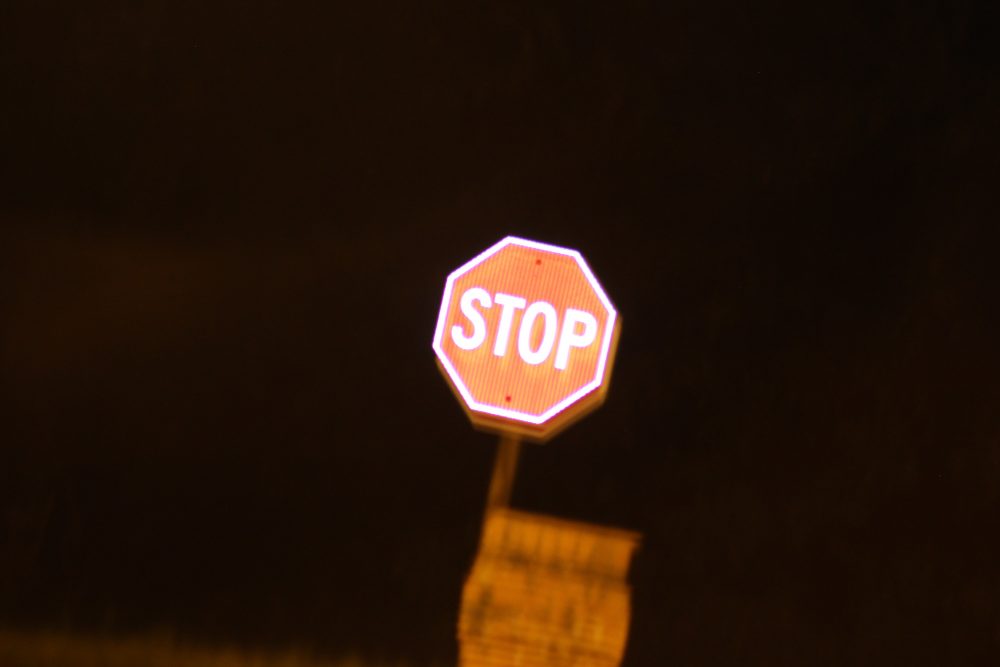
Today is World Mental Health Day.
In order to be fully human we have physical wellbeing and mental and emotional wellbeing.
In the same way you sometimes get a cold, hurt your wrist or break a leg: we all get emotionally unwell at some point.
Physically we can see when someone isn’t well – from their pale looking skin, to a arm cast to a wheelchair – it’s obvious when someone needs additional support due to their physical illness. Often it might only be a day or two off school, sometimes it needs hospital treatment – it’s a sliding scale of needing extra physical care.
Mental care is the same – it’s a huge scale. From having a ‘bad day’ to sleeplessness to depression – the scale is huge and, sadly, at some point, we might find ourselves needing some additional support, but, because it’s unseen we can be tempted not to ask for it.
Hiding our feelings can make us feel worse. Feeling low can easily move into depression and anxiety issues.
Anxiety isn’t just the feeling of ‘being a bit worried’, it’s an overwhelming sense of dread or fear that stops you from enjoying life and may limit where you go because you come so anxious you can’t control it.
Panic attacks are the body’s way of holding up a ‘red card’, of saying ‘STOP’.
If you ever experience any of these things then you are most probably struggling with your anxiety, and because it’s hidden inside of you, others may not be aware of it. It may not happen every day, but possibly about the same thing each time or in the same situation:
- a feeling of panic
- heart racing
- sweating
- breathlessness
- tight chest
- clenching fists
- feeling like crying
- needing to run away.
When these feelings come into our body, it can be hard to take control. Don’t filter your feelings:
- tell someone you are feeling panicky
- if you can, take yourself away from the situation you are in
- breathe, breathe, breathe – Slowly in and out. The temptation to breathe fast won’t allow your brain to get the oxygen it needs; slow breaths in and out
- if you feel light headed, put your head down
- try not to talk but concentrate your body on breathing and relaxing your muscles
- once your breathing is slowing, work on relaxing every muscle in your body.
Once the feeling has subsided:
- communicate - if talking about it starts you feeling panicky again, write it down. Try and think back to what started it (it might not be the think you thought it was)
- take control – write yourself an action plan – what can YOU do? Is there a situation or person that added to your distress? If so, how can that/they be avoided?
- draw a stick person – where did you first feel the anxiety in your body? (sweaty hands, clenched fists, headache, heart racing). Write an action plan for what actions you can take when you begin to recognize that feeling in your body
- give someone a copy of your action plan – someone who might be with you when it happens, include in it how you would like them to help (not talk to you, get you water, stay with you).
Long term anxiety needs specialised help. If you are finding yourself having panic attacks often, not sleeping, struggling with food issues: you may need to think about getting specialised help before things get worse. There are some great people out there who can help, we suggest you visit anxiety.org.uk for more info.
Love,
The SelfharmUK Team